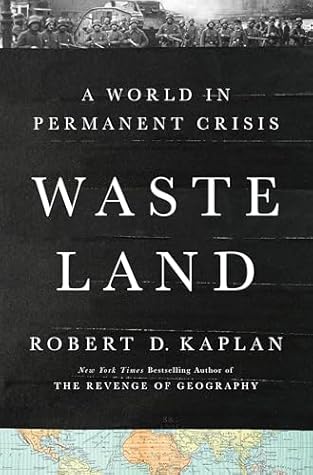Churchill saw all of this because he was a man of empire: an Edwardian-era reactionary who had experienced colonial wars in Africa firsthand, and, because of his pride in Britannia, was willing to fight Hitler early on, before many other members of the British establishment had even recognized Nazi Germany as a threat. Churchill’s imperialism was inseparable from his anti-Nazism, as inconvenient as that realization may be. Churchill identified Hitler, much as the young Henry Kissinger did by way of an analogy with Napoleon, as a “revolutionary chieftain,” threatening world order.[12]
Welcome back. Just a moment while we sign you in to your Goodreads account.


